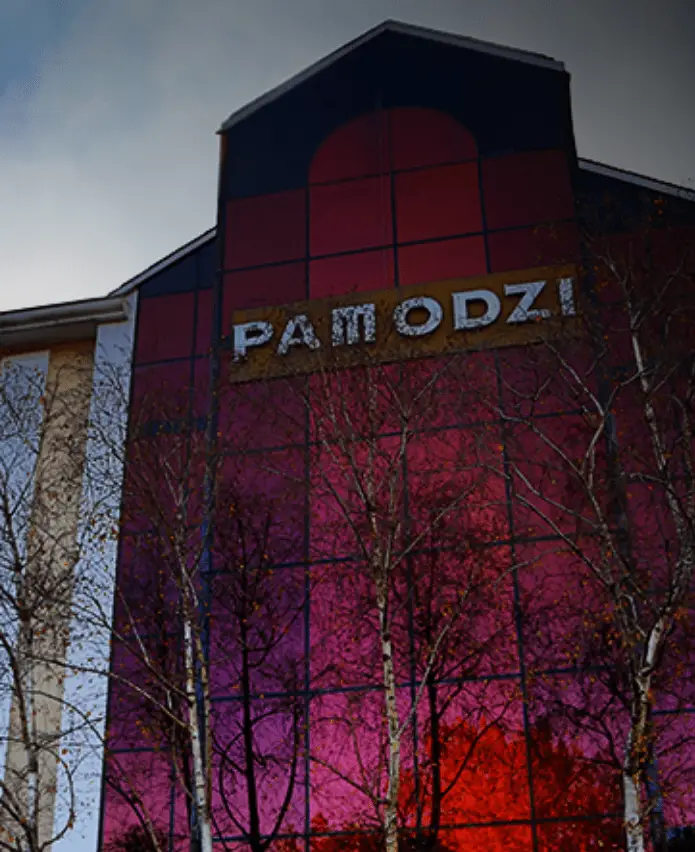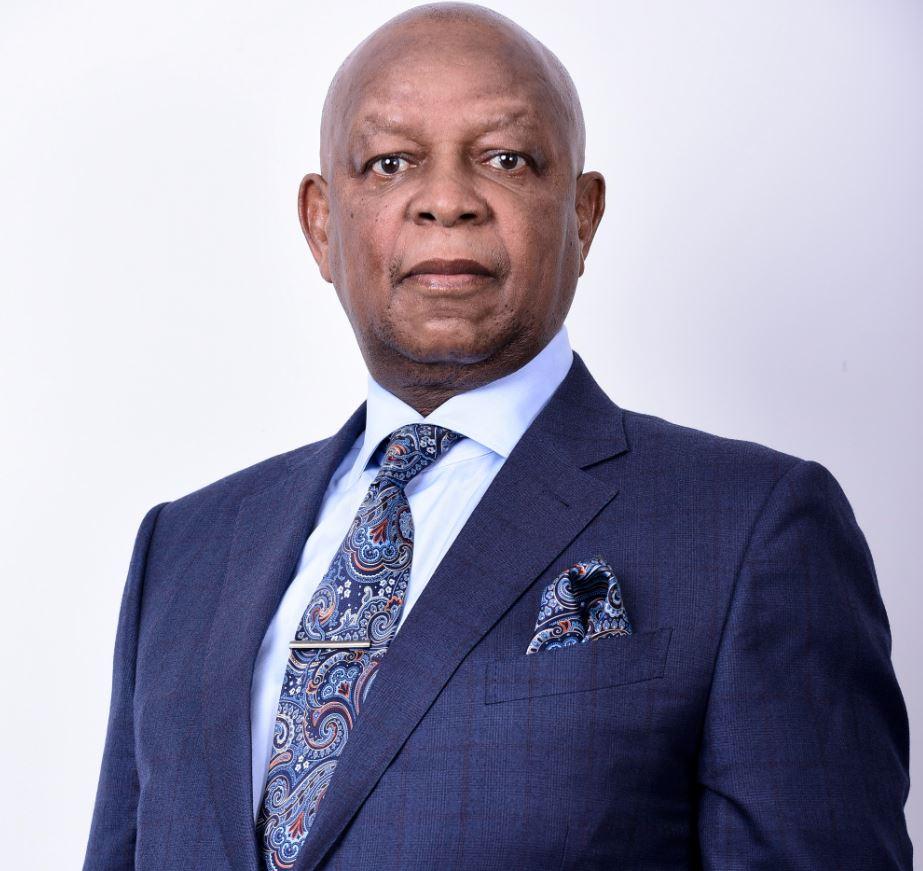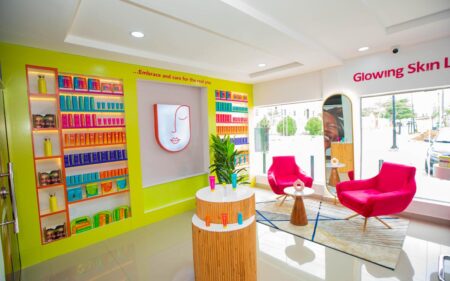Ndabahle Alan Ntsele is what every entrepreneur hopes to achieve in their wildest dreams. The man has achieved notably phenomenal success in business over a career spanning nearly fifty years.
The man won the globally coveted EY World Entrepreneur of the Year award in 2007 and the following year was inducted into the Ernst & Young Entrepreneur Hall of Fame at a glitzy event that was held in Monte Carlo.
- Ndabahle Ntsele is among the most successful of black businessmen in South Africa
- His company Pamodzi Investment Holdings has invested in everything from construction to clothing, manufacturing, support services, mining, metals, and food
- Ntsele and Pamodzi pioneered black economic empowerment long before it become a fashionable buzzword
Ntsele is the executive chairman and a co-founder of Pamodzi Investment Holdings which he and partners Solly Sithole and Ncedi Manyoni started in 1979 in Soweto South Africa. The company, Pamodzi Investment Holdings started in property development but its interests now span every sphere of the economy from food production, energy, mining, clothing, among many others. Most notably, Ntsele through his company was the first company to distribute Nike products in Southern Africa before South Africa was a democracy in 1994!
In his own words, Ntsele has often joked that his success in business before the nascent of democracy in South Africa enabled him to sponsor the Springboks, which is the national rugby team at a time when the team was made up almost entirely of white players save for a single person of color, Chester Williams. Ndaba Ntsele is perhaps the best personification of the answer to the age-old question of whether entrepreneurs are born or made. The entrepreneurial bug bit Mr. Ntsele very early when he began his business career after he decided to help his aunt sell fruits and vegetables as a young boy in Soweto. He started out selling on commission and it did not take long before his aunt started selling produce to him and he would place his own mark up or margin.
Fruits and vegetables were not the only entrepreneurial pursuits in which the youthful Ntsele was involved. He relates stories of how he would push trolleys for people who would do their shopping at retail stores in exchange for money. He then graduated to selling newspapers as he grew older. At this point in his life, he began to show his flair for business and this stage would also be a premonition for what he would later achieve when he entered the mainstream business world. Ntsele began with a single stall from which he would sell newspapers and because he would sell his newspapers faster than other sellers, he ended up taking over their stalls. This was if you like the first of his mergers and acquisitions. When the number of stalls he managed grew he employed a university with a student with a scooter to collect his daily takings.

So successful was his newspaper venture that he was able to buy himself a Morris Minor motor car when he was still in high school. Ntsele has always said that his drive for business comes from an insatiable desire to be a millionaire. This desire he has had from when he was younger. This is especially important because he grew up in the thick of Apartheid South Africa. Society then was deeply segregated along racial lines and deliberately designed to oppress native people of color like black, colored, and Indian people. When Ntsele said he wanted to be a millionaire the people around him must have believed he was mad, and some would have had him committed to a mental asylum for being over ambitious. Nonetheless, Ntsele has broken down barriers and ceilings. A story goes that when his construction business began to thrive, he managed to get offices for his Pamodzi company at the Carlton Centre which in the 1980s and 1990s was a premier location in the central business district of Johannesburg.
This was unheard of, but this was and remains a central theme in Ntsele’s life, times, and career. Firstly, the fact that Pamodzi was incorporated as a formal company was in and of itself almost a miraculous feat given that during Apartheid the only business formations that black people could participate in were sole traders/proprietorships.
It shows how daring the man is. Black lawyers were only allowed to have their offices next to the courts or police stations so for a black-owned and operated company to have had offices at a prime location in the central business district was just out of this world. Ndaba Ntsele after completing school, worked briefly in the police force before cashing in his life insurance policy and starting Pamodzi Property Developers with his partners in Soweto.
The amount they began their business with was ZAR 20,000.00 or US$ 1,200.00, a modest sum by any criterion. Their property operation did not, however, remain modest. It grew exponentially from its founder’s daring nature to do the unheard of.
Anglo American Platinum reimagining mining to change people’s lives
After doing a few construction projects in 1982 and 83 the Urban Foundation declared that black people could own land under 99-year leases. Ntsele and his partners began to buy service land in what is now called Protea North in Soweto and built showhouses and houses. In 1984 an opportunity arose to build a whole township/settlement.
The township would be called Dobsonville Extension and would consist of 3,500 housing units. To participate in that project, Ntsele needed to have no less than ZAR 6.5 million. A note is in order here. This is in 1984 at the height of Apartheid and the bidders for that project were companies owned by white businessmen. In a stroke of bravery and genius, Ntsele approached veteran banker and former Barclays Bank South Africa CEO Chris Ball who gave the daring entrepreneurs the money they needed to participate in the project!
Two weeks later another big opportunity presented itself which required them to have ZAR 4.5 million which was sponsored by the Anglo-American chairman’s fund. Ntsele decided to get the money for this new project from Standard Bank with the help of former chief executive Jacko Maree and got it!
- This entrepreneur extraordinaire at one point held a Nike manufacturing and distribution license for southern Africa
- Pamodzi under Ntsele’s leadership has invested no less than ZAR 30 billion in a diversified portfolio of businesses
- South African households are highly likely to have foodstuffs produced by one or a combination of these companies in their cupboards or pantries
Ntsele and his partners were able to raise ZAR 11 million for their construction business within two weeks to participate in a multi-million rand project from a balance sheet of only ZAR 20,000! There is an all-important lesson for entrepreneurs here which is to ignore barriers and simply go for gold! Pamodzi, a black company with black promoters, was able to raise at least ZAR 11 million during Apartheid when some white businesspeople would have flatly failed to raise the kind of money they did. A side note is in order, Ntsele’s background was not in construction at the time. He then had to assemble a team with the necessary expertise to execute on the projects. Another entrepreneurial lesson is in order here: you need not do everything yourself. All great entrepreneurs achieve stratospheric success from their ability to assemble great teams. Ntsele was able to get talent for construction work by recruiting from his competitors. He was able to get funding from the big banks off a low base because he had a team of professionals which gave his bankers the confidence to extend funding for his projects. His property development venture flourished and thrived until the late 1980s when South Africa experienced what was called a bond boycott when funding to acquire real estate all but dried up.
South Africa’s Superstar Banking Corporation Capitec Bank Holdings
Ntsele and his partners began to diversify the interests of their company.
The highlight of this strategy to diversify their interests was trip Ntsele made to the United States to obtain a license to distribute Nike not only in South Africa but also in southern Africa in the early 1990s. Ntsele got the money to grow his Nike operation in southern Africa from Citibank!
The largest transaction that Ndaba Ntsele was involved in which put Pamodzi Investment Holdings on the map must be the leveraged buy-out of Food Corp. When he could not come up with the money needed to buy the company from the local banks in South Africa he went overseas to the Netherlands and got the bulk of the US$ 1.8 billion needed to acquire Food Corp! How about that for a black man with guts!
Ndabahle Ntsele and his Pamodzi Investment Holdings are certainly a class act worth emulating. However, despite his great success, Ntsele has experienced failures. Pamodzi Gold which was one of his mining ventures was liquidated. He had started it by approaching the mining majors who no longer thought it was profitable to mine from older mines.
He offered to take over the gold mines and operate them in exchange for an option to increase their stake should the mining venture then list. This is a strategy that mining billionaire Patrice Motsepe has employed with great success. Ntsele’s role was to recapitalize the mines. He raised ZAR 200 million of the ZAR 400 million needed to capitalize the mines from a South African development finance institution but however, failed to raise the balance before the mines could be liquidated.
The press in South Africa recently reported that the venerable company Pamodzi Investment Holdings was imploding. The chief finance officer of the company accused Ntsele of misappropriating company funds. The dispute between the CEO and the CFO has seen high-profile directors of the company resign from the board amid allegations that several of the company’s subsidiaries are technically insolvent. The matter is unfolding however, entrepreneurs and aspiring businesspeople will be watching the developments around this story to see how and if Mr. Ntsele will re-emerge.











